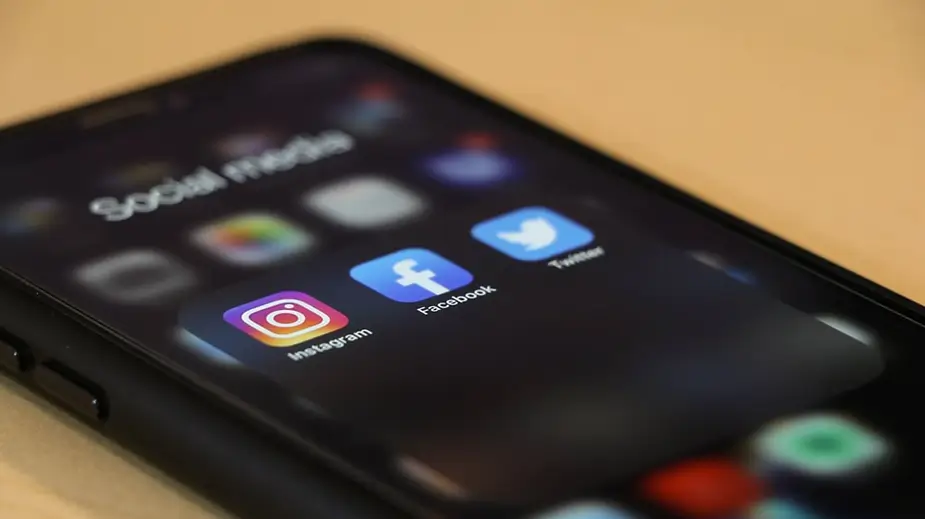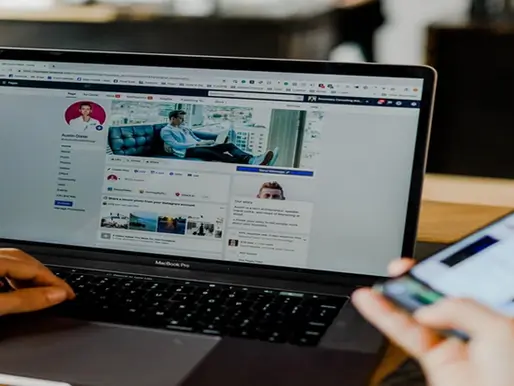How is social media affecting our mental health and your life? Social media is a platform with numerous advantages. It allows users to interact and share knowledge and make new friends. However, there are drawbacks, particularly for those who live vicariously through the lives of others on their social media platforms.
Anxiety, nervousness, exclusion , and cancel cultures have all been related to the use of social media. According to recent research cited by The Young Mind Center and The National Institute for Health Investigation, people who often use social media, are more unhappy with their lives than others who spend their time participating in more productive activities like spending time with their loved ones and actual friends, in real-time or at the gym.
Discover how social media is bad for your mental health and how you—or those you
know—can utilize it to inspire positivity and acceptance. If not used properly, social media is toxic and bad for your health.
Social Media Is An Obsession
We all have obsessions in some form or another. For many, using social media is an addiction like gambling and produces similar stimuli on the brain as dopamines. The spontaneous outcomes produce a sensation of ”reward” by generating dopamine—the identical chemical related to stimulating enjoyably pleasurable experiences like sex or drugs.
Superficial Interactions as an affirmation
Those who seek attention from others in the form of superficial affirmation tend to be less
emotionally stable or unhappy individuals when they are not affirmed by others to the degree they desire. For example, if one publishes a photo or comment in the hopes of receiving likes, followers , or compliments but doesn’t get them, may feel emotionally frustrated or rejected.
Those who measure their worth or live their lives by comparing themselves with those of
other individuals quite often find themselves even further emotionally isolated from their
the reality of loved ones and friends. Consequently, these types of superficial interactions contribute to low self-esteem, emotional anxiety, despair , and a lack of focus on one’s real-life priorities such as school or work.
How is Social Media Affecting our Mental Health
Filters and Photoshop are misleading.

Are filters and photoshop affecting your mental health? Although fake screens serve those
who are influencers a service; the rest of the average world, not so much. Sure, ridiculous
filters are amusing. Although photoshop is the social media trend of this century, some would argue that the app is devised to cultivate deception and those with self-identity and body dysmorphia issues.
“Subconsciously, social media and filters remind us of our individual insecurities, and consequently, heighten the symptoms of one’s depression and anxiety,” says Dr. Magavi. Even if you realize that posts are edited and carefully picked, continuously swipe-ing through other people’s photographs and highlight reels might make you feel you have done nothing with your life.
Feelings of Being Left Out
Another reason why browsing over social media affect our mental health and is not good for you is the feeling of missing out on the lives of strangers, whose lives appear better than yours, also trending under the acronym and hashtag aka FOMO. While every human on the planet is subscribed to a variety of social networking sites, becomes subscribers due to the fact that we all have a fascination with the lives of others, particularly those whose lives are evidently filtered or photoshopped.
Constant monitoring and browsing of social media on a regular basis can be damaging to
one’s self-esteem , emotional , and mental wellbeing. Also, the distraction of social media can affect motivation, information retention, and mood. When you read posts of others having a lovely time, you may feel excluded, lonely, or anxious. Having access to the lives of those in the entire virtual world can make it difficult for those who are introverts or are insecure about themselves to form genuine and healthy relationships in real-time.
In conclusion:
It is important we come to accept social media for what it is and the negative impacts of how social media affects our mental health and the lives of many. They can check for psychological distress , research and seek the best therapy or program of action for you.
Decrease your sense of isolation and despair by using social media in the general context for which it was created. While it’s unlikely that you or anyone else you know will completely abandon social media (admittedly, there are some benefits). However, it’s critical to be realistic, confident , and self-aware. Remember, you can use social media to improve your mental health. According to recent statistics 77 percent of men suffer from mental health issues and depression of which the majority go undiagnosed or treated.
???? It’s time to break the stigma surrounding men’s mental health! Living Well with WiL provides a safe space for men to encourage and support one another. The goal is to encourage open conversations for men to share their experiences and talk about their struggles with depression and mental health. ???? Join us in raising awareness and promoting mental well-being.
What should you do to keep social media from taking over the better parts of your life;
attempt to limit your time spent on social media. Establishing screen time limitations, time
restrictions for individual applications on your phone, or setting specified hours for accessing your accounts are all examples of this. Some people even discover that taking a digital
network ”vacation” or ”detox” might help individuals focus on their psychological health and wellbeing.
For more tips on how you can take care of yourself, subscribe to the Living From Within
podcast hosted by WiLL Turner. Visit livingwellwithwil.com to read more about similar
blogs. Improve the way you think, look, feel, socially interact and live. Subscribe to the
Living with Wil blog and at Living Well with WiL today. You are not alone! Be healthy.
Be happy, always. Keep sharing those smiles.







